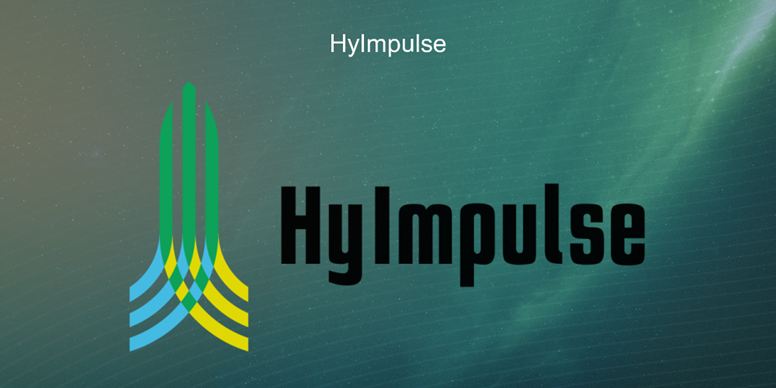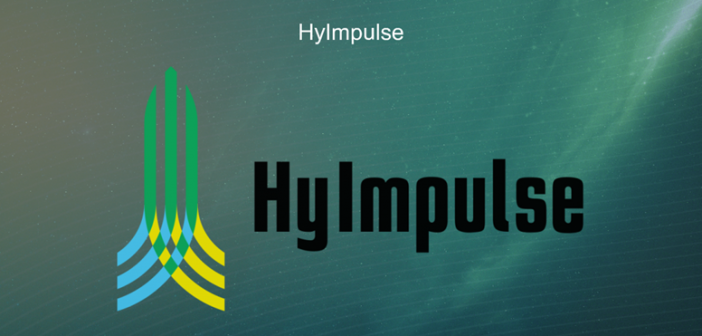
Written by staff writer.
HyImpulse says its SR75 rocket has begun its journey to Australia ahead of its maiden suborbital launch at South Australia’s Koonibba launch site.
The German space startup has posted footage of their single-stage rocket getting boxed up for shipping. “We’re excited to announce that our SR75 rocket has embarked on its journey to the launch site in Australia,” the company said on its social media platforms. “This is a major milestone for us.”
The company has since confirmed the rocket has left their site at Neuenstadt am Kocher, Germany. The German space startup looked to Australia as its launch site after dropping earlier plans to launch from SaxaVord in Scotland.
“Launching our first suborbital rocket from the Koonibba Test Range is a huge milestone for our company,” said HyImpulse CEO Mario Kobald, announcing the shift to Australia late last year.
Financial problems had slowed work on the SaxaVord Spaceport, previously known as the Shetland Space Centre, located on the Shetland Islands off Scotland’s coast, required Kobald to look for launch facilities elsewhere. Despite the distance, the ease of dealing with Koonibba, a joint venture between Southern Launch and the Koonibba Community Aboriginal Corporation, helped the Australian launch site win the business. HyImpulse intends to launch in Q2 of 2024.
Space & Defense has contacted HyImpulse for further information on the launch.
Fully assembled, the 14-metre tall SR75 rocket will use a blended paraffin and liquid oxygen fuel to send a 200-kg payload up to 250 kilometres into orbit. The rocket also features a two-stage parachute recovery system capable of payload recovery of up to 700 kilograms of mass.
The SR75 will allow HyImpulse to provide commercial payload services to clients and also serves as a demonstrator for a bigger three-stage rocket under development that should be able to handle payloads of up to 500 kilograms.
Koonibba is the largest commercial rocket testing facility in the Southern Hemisphere, with up to 41,000 square kilometres of land available. Located 40 kilometres northwest of Ceduna, the site hosted its first launches in 2020, and last year, secured approval to operate as a permanent commercial space launch facility.
Additionally, the joint venture with the Koonibba Community Aboriginal Corporation will see more than AUD500,000 passed to the local Aboriginal communities, along with employment opportunities.
Southern Launch says they are managing most aspects of the launch campaign preparation on behalf of HyImpulse, including regulatory approvals and the import of the launch vehicle to Australia. HyImpulse says Southern Launch’s willingness to do this allows them to focus on the launch rather than red tape.
‘HyImpulse are leading the way in the development of hybrid rocket technology. We are proud that our Koonibba Test Range provides this leading company with the opportunity to test their launch vehicle and recover it from our overland range,” said Lloyd Damp, CEO, Southern Launch. ‘Southern Launch exists to provide launch services so our industry can keep moving forward at pace. HyImpulse are leaders in their field and we are incredibly excited to play a role in helping them develop their unique launch vehicle that will help our industry continue to evolve and improve. The Koonibba Test Range is unique in that it is one of the world’s largest overland commercial test ranges. We offer rocket manufacturers with the ability to test and recover their rocket, something not achievable from many other places around the world.’
Along with HyImpulse, Southern Launch has also signed up Varda Space Industries as a client. The US-based company intends to use Koonibba as a re-entry site for its returning spacecraft. That event moved a step closer this week after US authorities authorised the return of its first capsule onto US soil, a precursor to switching to South Australia. Varda hopes to use Koonibba on a rolling basis as its launches ramp up.





